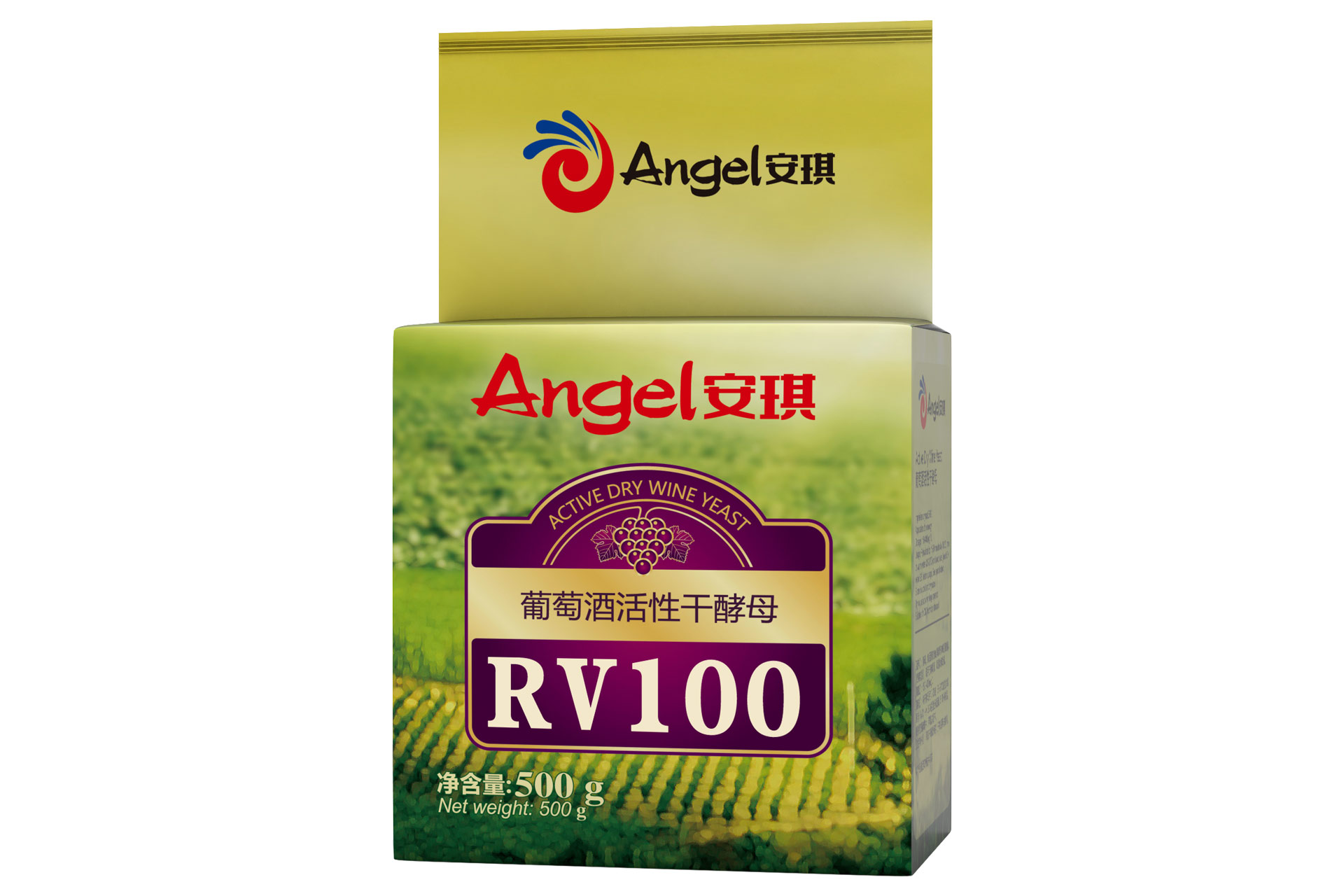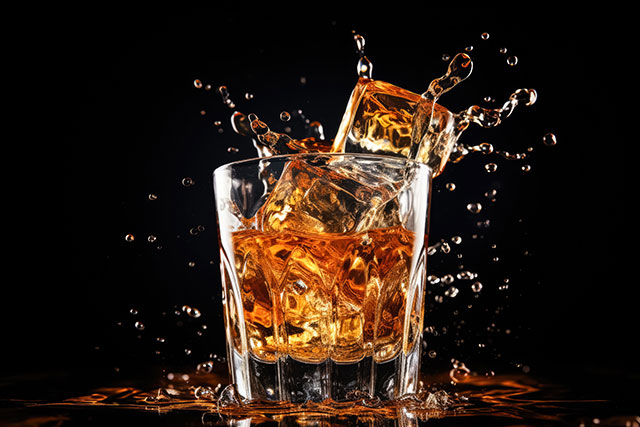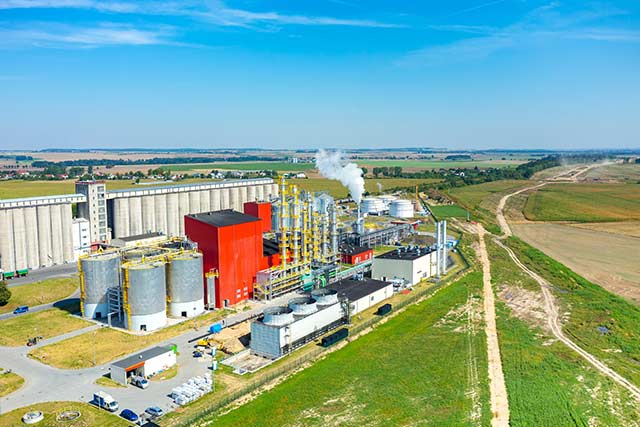
Product Description
RV100 is screened by natural fermentation. RV100 has low nutrient requirements and produces more esters, such as isoamyl acetate, hexyl acetate, and phenethyl acetate. These esters bring a fresh aroma to the mouth in neutral or high-yielding grapes. Among the high-ester producing strains, RV100 is the most resistant strain under fermentation conditions such as low turbidity, low temperature, and low fatty acid content. RV100 is also a mature strain for ice wine fermentation.
Fermentation Characteristics
- Fermentation temperature range: 10-35°C
- Alcohol tolerance: up to 18%vol
- Fermentation speed: fast
- Production of volatile acidity: low
- Production of H₂S: moderate
- Production of foam: low
- Glycerol production: ≥ 6 g/L
Protocol for Use
1. Rehydration Without Yeast Nutrition
Dosage: 20 to 40 g/hL
Rehydrate the yeast using water at 10 times its weight, with a temperature range of 35 °C to 40 °C.
Resuspend the yeast by gently stirring, and wait for 20 minutes.
Blend the rehydrated yeast with a bit of juice/must, gradually acclimating the yeast suspension temperature to within 5-10 °C of the juice/must temperature.
Inoculate into the juice/must.
2. Rehydration with Nutri-Rehyd
In the situations of tough fermentation conditions (high potential alcohol, over clarified must, low temperature), rehydrating yeast with Nutri-Rehyd is recommended. Carry out the rehydration procedure according to the selected Nutri-Rehyd product's instructions.
Dosage
20 to 40 g/hL
Reds | Roses | Whites | Sparklings | Ferm Speed | Nitrogen Need | Sensory Effect |
★★★ | ★★★ | ★★★ | ★★★★ | Moderate | Medium | EVC |
Note:
★★★★=Best Recommendation
EVC=Enhances Varietal Character
Storage and Shelf Life
Store in original sealed packages, in a cool and dry environment. Shelf life at the recommended conditions is 42 months. After opening the yeast must be used as soon as possible. Avoiding long-term storage at temperature above 30 °C.
Tips
The difference between the yeast and must temperatures should not exceed 10 °C during inoculation.
Fermentations using active dry yeast can reduce the risk of contamination by wild yeast and harmful microorganisms.
The rehydration process must not exceed 30 minutes.







